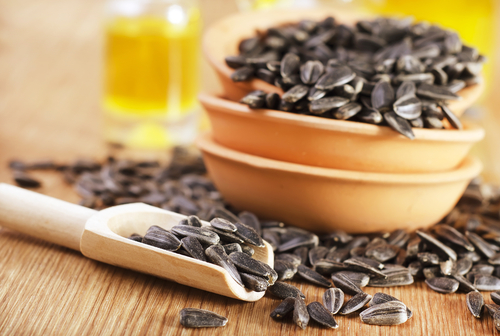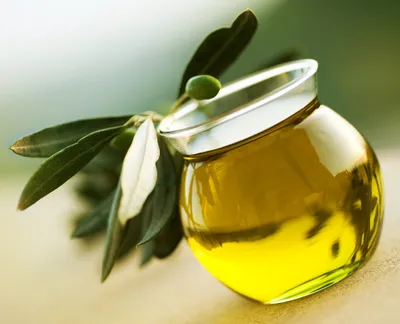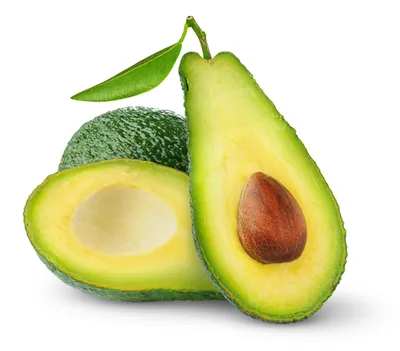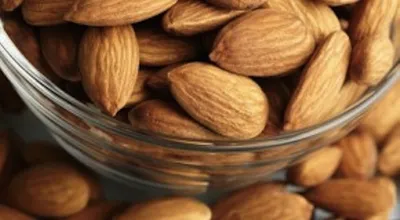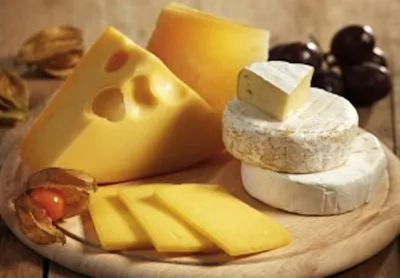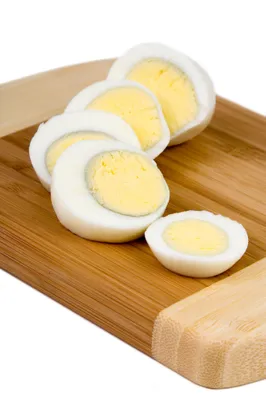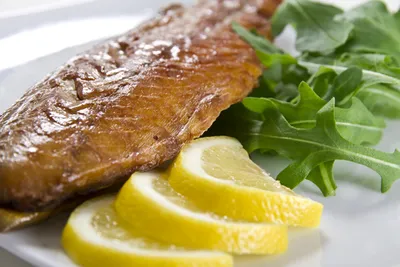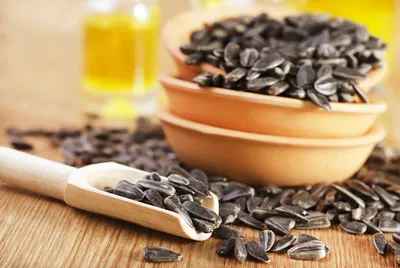When we think of fat, we usually cast it in a negative light – that is, it will go straight to places in your body you least want it to go. However, while there are “bad” fats that can compromise your health in some situations, there are also good fats that your body needs to function properly.
While a salad is already a source of fiber and nutrients, you can step up your salad game by adding certain ingredients that can give you the form-friendly fats you need. Here are seven ideas for healthy (and delicious) additives to salads that contain these beneficial fats.
1. Olive Oil
This oil (extra virgin to be specific) is one of the most beneficial in any diet, according to a number of experts. The Mayo Clinic points out that while it’s true olive oil is high in fat content, the main type of fats are monounsaturated fatty acids (MUFAs) which are usually considered healthy.
These types of fats can actually lower risk of heart disease because they can help regular cholesterol levels, according to the clinic. These fats can also help control blood clotting properties and even glucose levels (which is helpful if you’re diabetic), it adds.
2. Avocado
This fruit is a delicious staple in diets in warmer countries, and Elle magazine even compares it to coconut oil for its countless benefits inside and outside your body. Adding some avocado to your salad apparently boosts Vitamin E content, which can help strengthen skin and your immune system.
It also contains “heart healthy” monounsaturated fatty acids. The article goes on to say how using avocado oil in your hair can make it look and feel healthier (as a conditioner), while also being beneficial for dry skin. This is not to suggest your should dump a salad over your head.
3. Almonds
Looking for a bit more crunch in your salad? Many types of nuts can bring you beneficial Omega-3 fatty acids that can help in ways ranging from joint pain relief to protecting you from depression, but almonds have the lowest number of calories per serving compared to its nutty cousins, according to Health.com.
How many calories are we talking? According to the online health source, almonds are 160 calories per ounce (about 23 almonds). These nuts also pack protein, which are essential to many functions of your body. If you don’t like almonds, try calorie-friendly cashews or pistachios. Ensure they’re raw or dry-roasted, not roasted in oil or processed.
4. Cheese
Saying cheese is enough to make most of you smile; eating it may help your body smile too. According to Men’s Health magazine, eating certain cheeses can be beneficial to your healthy fat intake – and you don’t even have to scour the aisles looking for the low-fat variety.
Eating “full fat” cheeses can give you a protein boost, while also helping you curb your appetite for hours, according to the magazine. A Danish study even showed that men who ate a considerable amount of fatty cheese daily didn’t show elevated levels of “bad” cholesterol over 3-weeks. If you’re really worried, try grating a bit of cheese on top of your salad rather than adding slices.
5. Eggs
These oval wonders are a basic ingredient in so many foods, but they also pack a healthy dose of fats that won’t have you cursing at the weight scale. Self magazine notes that just one egg has 5-grams of fat, but only 1.5-grams of that total are saturated (or “bad” fats).
The article notes that “moderate” ingestion of eggs can actually be traced to a healthier hearty. As a bonus – when you eat eggs, you’re also flooding your body with a host of other healthy contents such as proteins and choline (a source of Vitamin B) that helps you maintain a healthy nervous system. Also, they’re delicious when hard-boiled and added into salad.
6. Fish
This can add a lot of flavor and variety when flaked into your food (think tuna and salmon), while also delivering a substantial dose of Omega-3 fatty acids that can benefit your body and your brain (in terms of mental sharpness) according to WebMD.
The online health source notes that two servings of fatty fish per week are beneficial, with a suggested serving weighing in at a whopping 3-ounces (or about the size of a deck of cards). It can be grilled, baked or poached, noted WebMD.
7. Sunflower Seeds
These little guys often get a bad rap when it comes to fat content, according to SFGate, the website companion to the San Francisco Chronicle. While they are high in fats, they aren’t fattening, according to the article.
Keep in mind that seeds are small and will likely be manageable within your caloric boundaries. Sunflower seeds have the added benefit of protein and fiber, helping you quiet your appetite without getting hunger pangs right after (like other fatty foods). These seeds also provide up to 50 per cent of the daily recommended intake of Vitamin E (while also containing magnesium, Vitamin B, and more).
